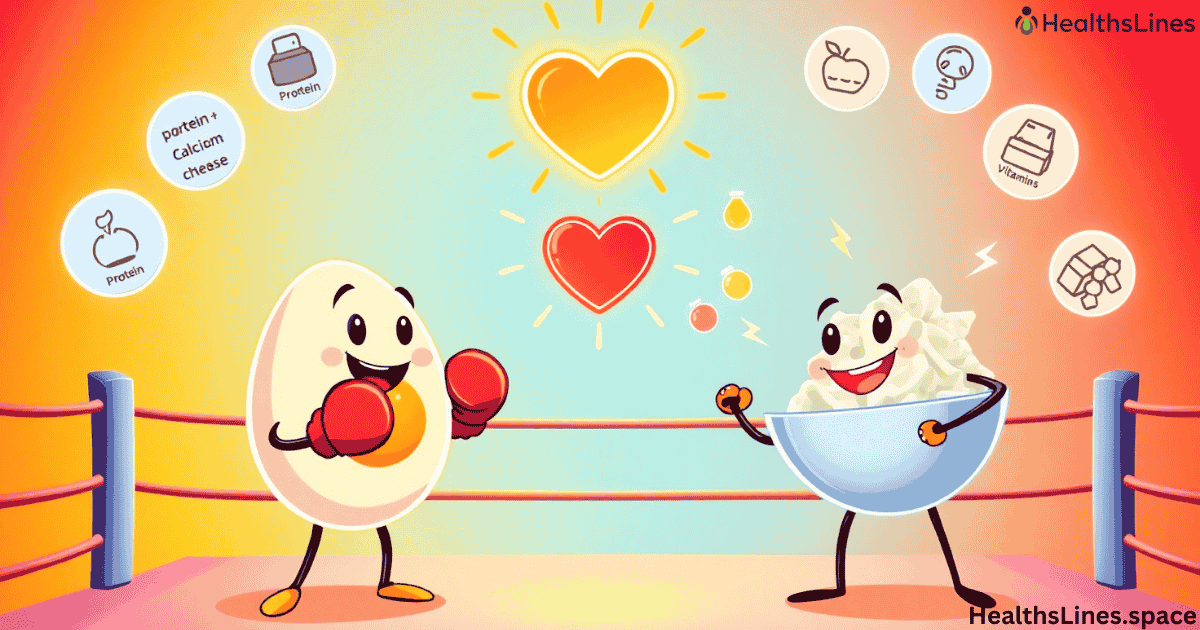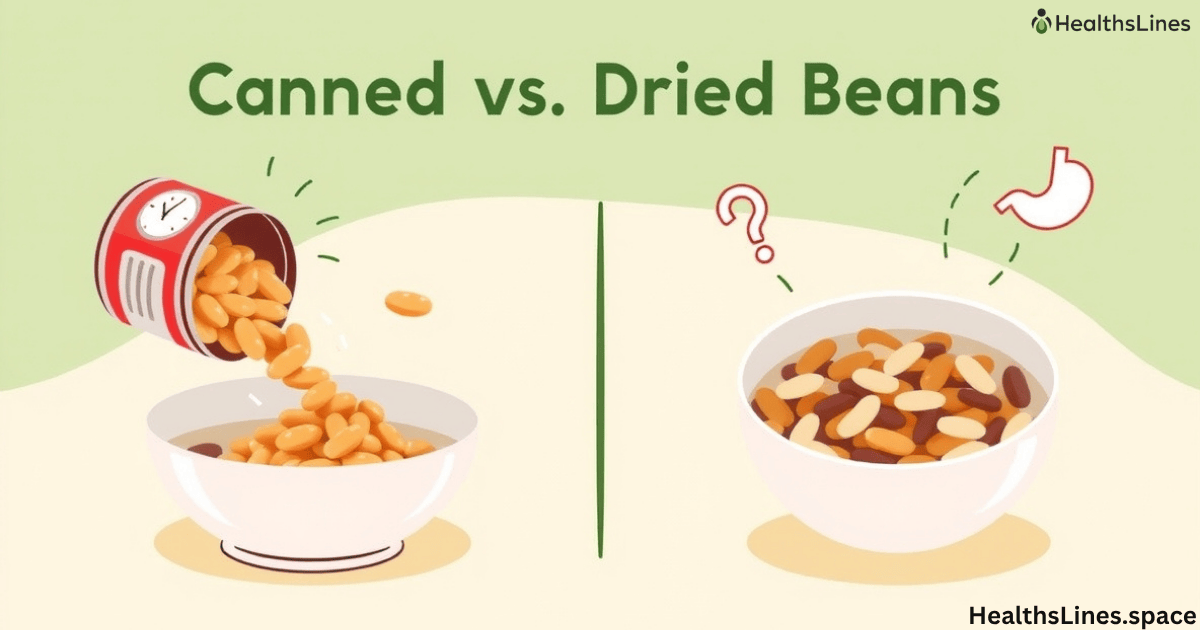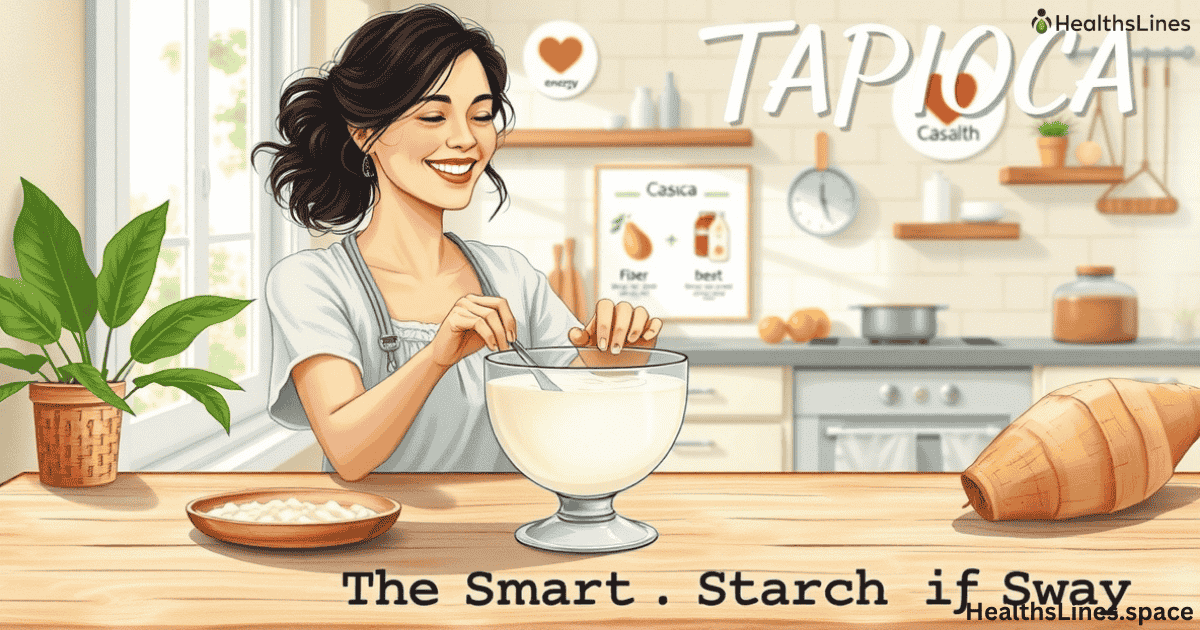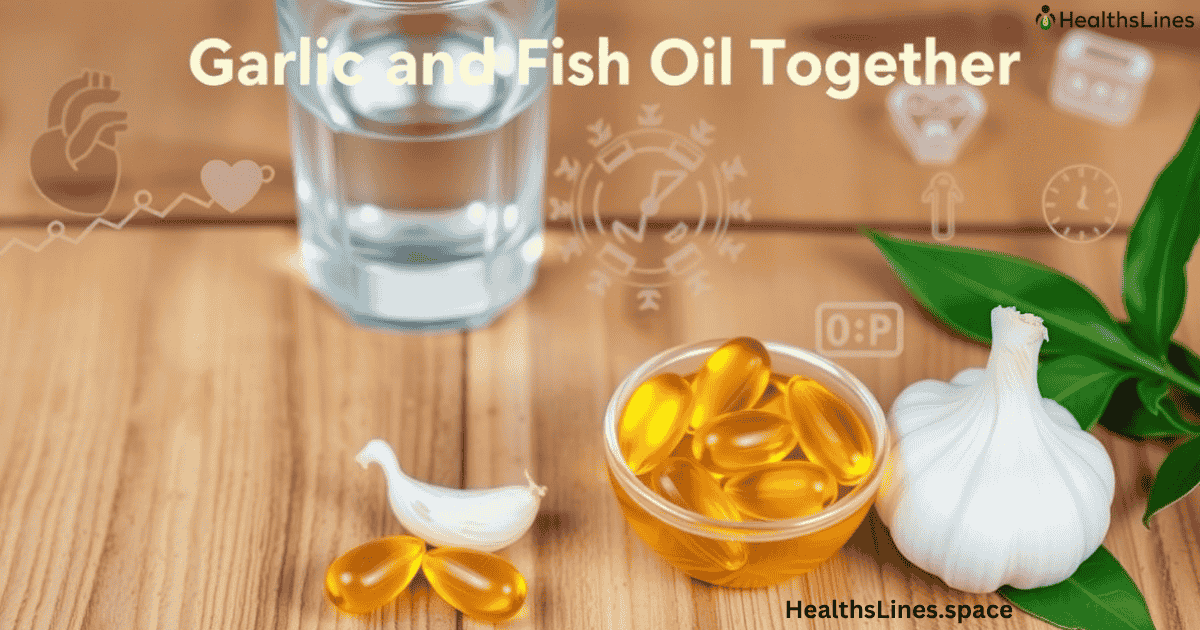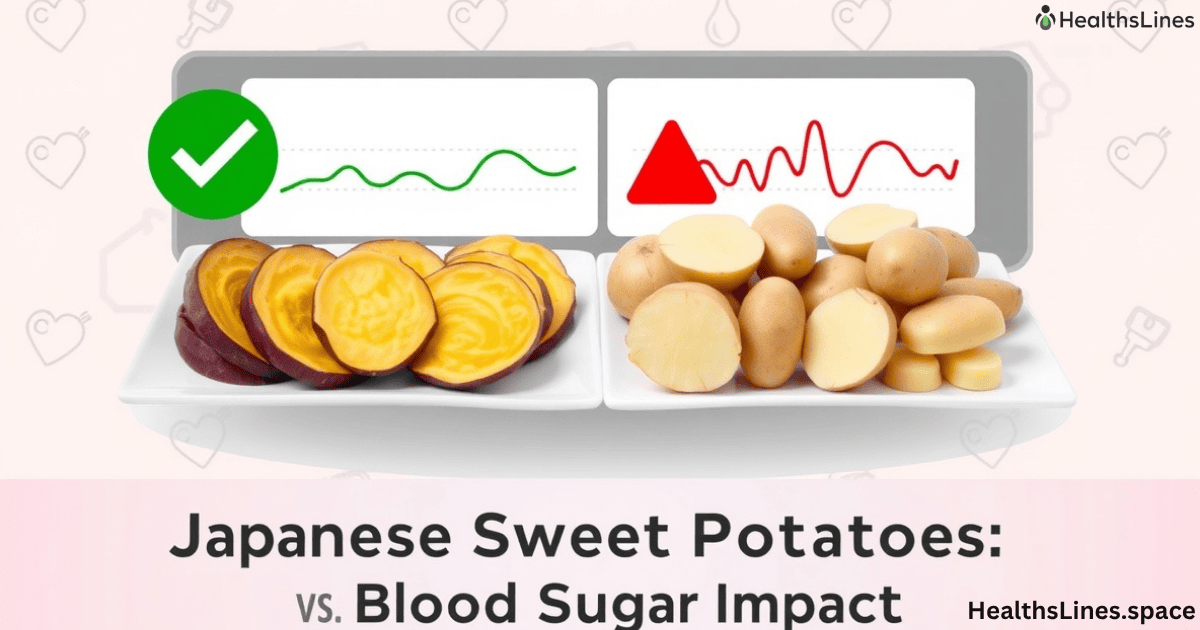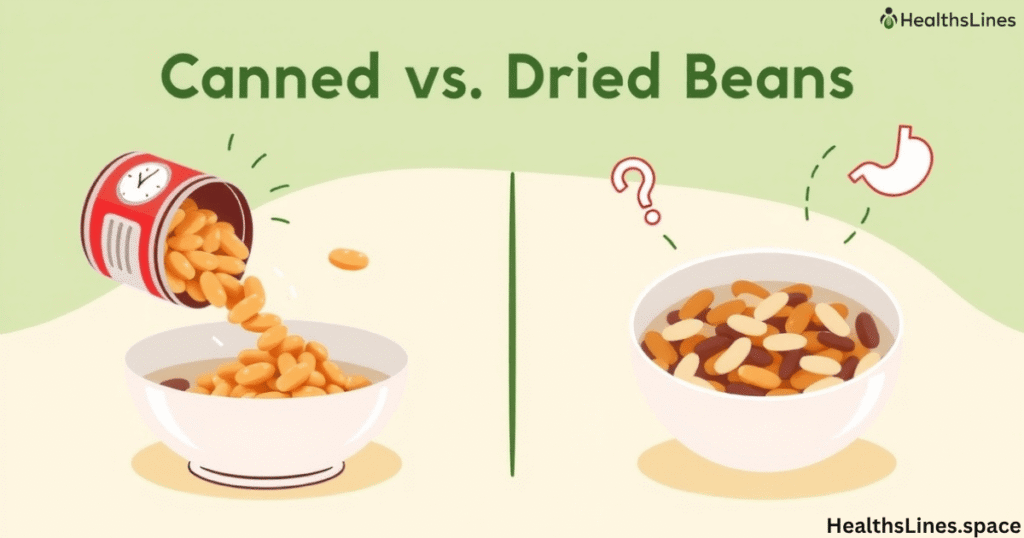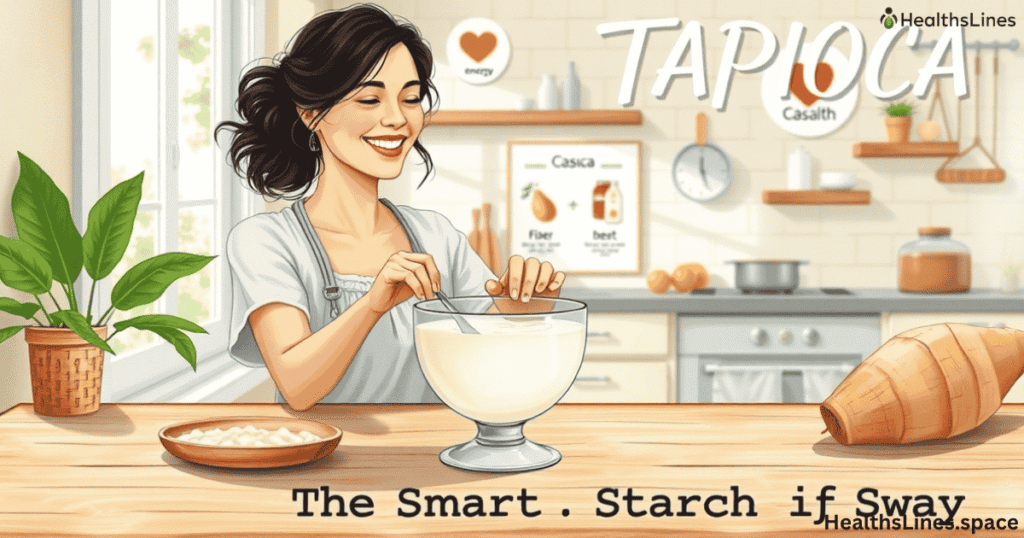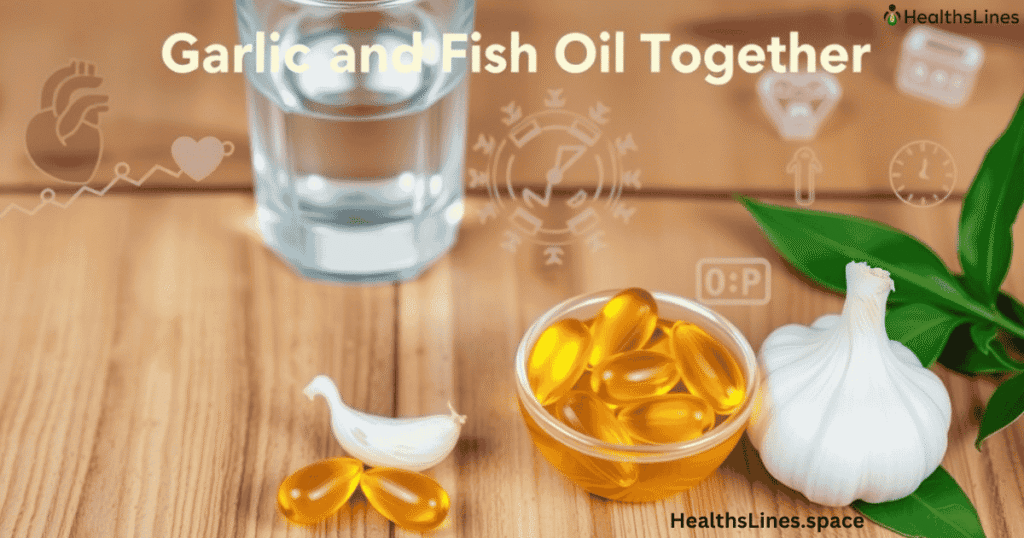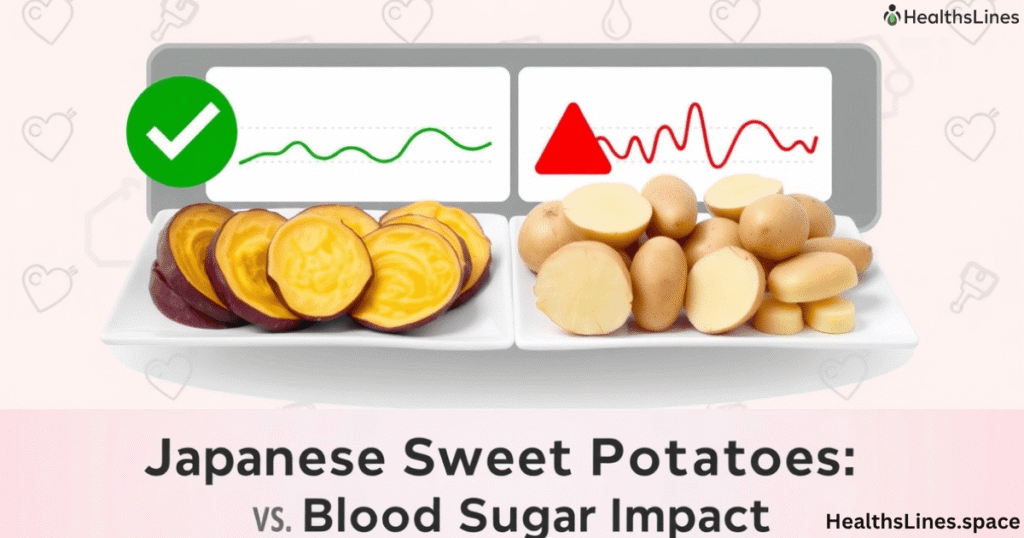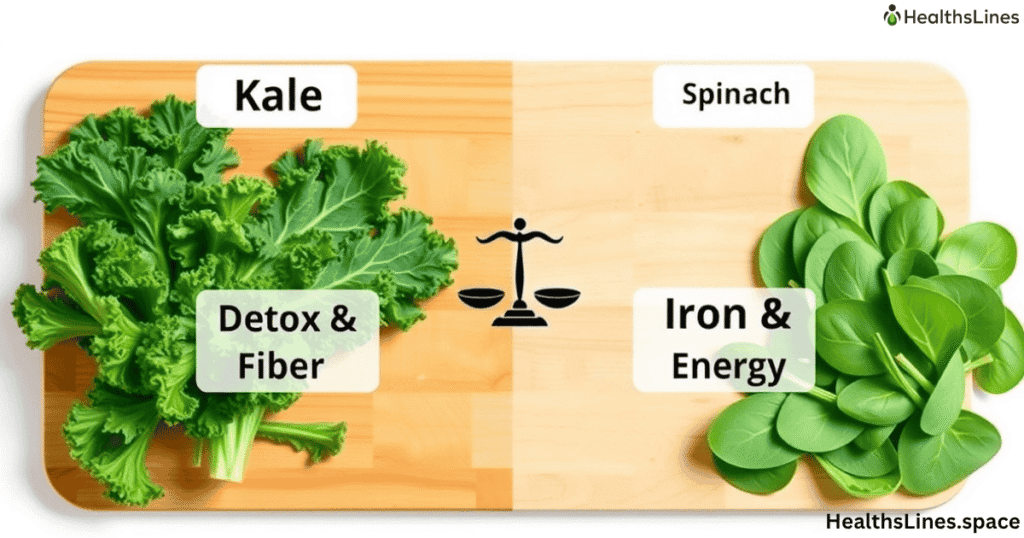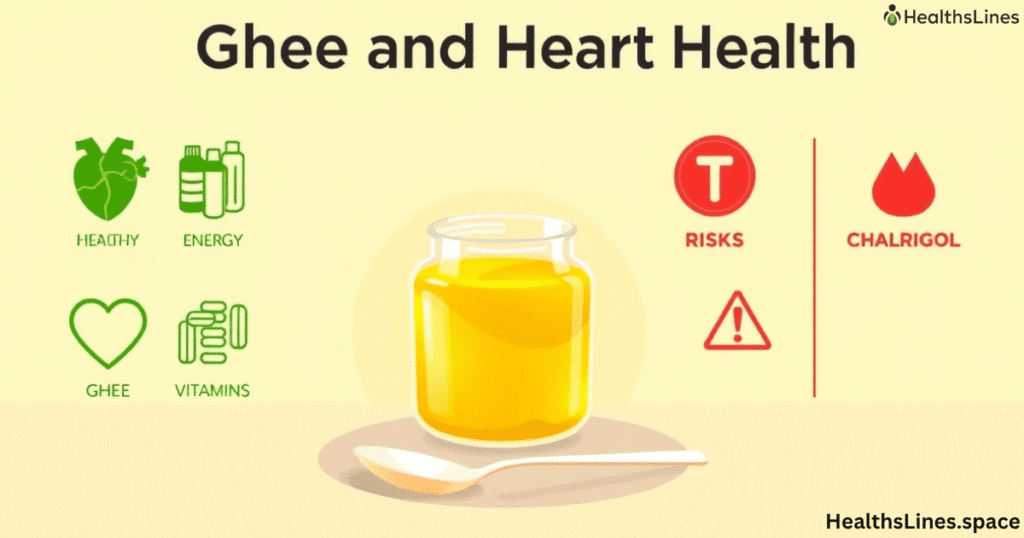Heart health is one of the biggest concerns today. Many people want to know which foods keep their hearts strong. Two popular choices are eggs and cottage cheese. Both are packed with protein and nutrients, but people often wonder which one is better for the heart. Some worry about cholesterol in eggs, while others worry about the sodium in cottage cheese. This guide will help you see the truth about eggs vs cottage cheese. By the end, you will know how each food works for your body and your heart.
Nutritional Face-Off: Eggs vs Cottage Cheese
When we talk about egg nutrition facts, one egg has about 70 calories, 6 grams of protein, and 5 grams of fat. Eggs also give you vitamins like B12, A, and D. The yolk holds most of the vitamins, minerals, and healthy fats. Egg whites are almost pure protein and very low in calories. They make a good option for people who want protein without fat.
Cottage cheese nutrition facts show that one cup of low-fat cottage cheese has around 200 calories, 28 grams of protein, and a good amount of calcium. Calcium is important for strong bones and blood pressure regulation. Cottage cheese is also rich in B vitamins. The main downside is sodium. Some brands have a lot of salt, which can raise blood pressure if eaten too much. Choosing low-sodium cottage cheese helps reduce this risk.
| Nutrient (per 100g) | Eggs | Cottage Cheese |
| Calories | 143 | 98 |
| Protein | 13g | 11g |
| Fat | 10g | 4g |
| Saturated Fat | 3g | 1.7g |
| Cholesterol | 373mg | 17mg |
| Sodium | 142mg | 364mg |
| Calcium | 56mg | 83mg |
Cholesterol, Saturated Fat, and Heart Health
For many years, people thought eating eggs was bad because of cholesterol heart disease risk. Eggs are high in cholesterol, but new research shows that for most people, eating eggs does not raise blood cholesterol as much as once believed. The American Heart Association (AHA) says that one egg a day can be safe for healthy people. The important part is balance and not eating too much saturated fat along with eggs.
Cottage cheese has very little cholesterol, which is good. But it has more sodium, and too much salt can raise blood pressure. High blood pressure damages arteries and raises the risk of stroke or heart attack. To keep cottage cheese and heart health safe, low-sodium choices are better. Studies in the Journal of Nutrition say that lowering sodium and eating more calcium helps protect the heart.
Protein Quality and Satiety for Weight Control
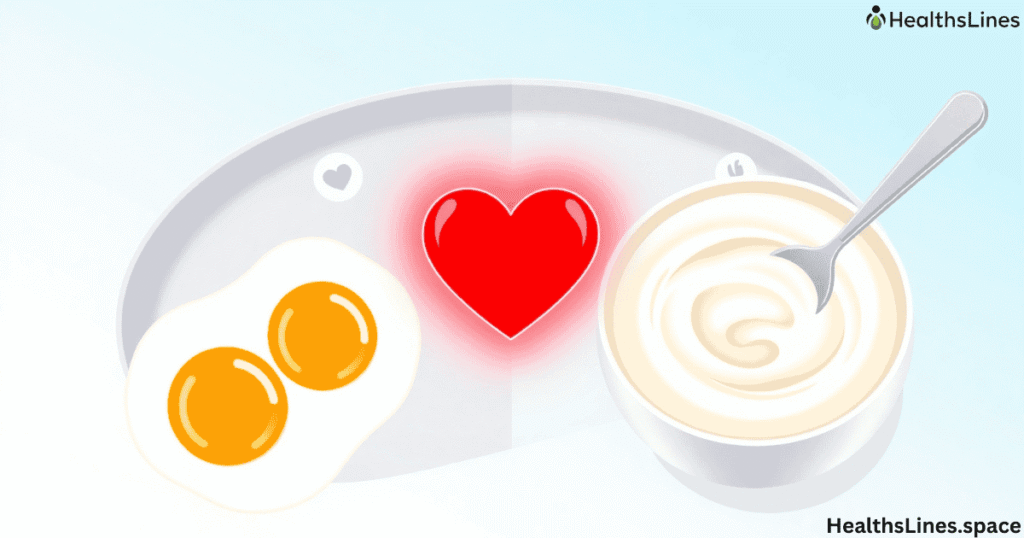
One of the most important parts of a heart-healthy diet is learning how to manage weight. Being increases the risk of heart disease, so foods that help you stay full for longer are especially useful. Both eggs and cottage cheese are rich in protein, and protein plays a key role in controlling hunger. When you eat a protein-rich meal, your body takes more time to digest it compared to carbohydrates, which means you feel satisfied longer and avoid constant snacking. This effect is called satiety, and it helps support weight management and heart health.
Eggs have a complete amino acid profile of eggs, making them one of the most efficient protein foods for heart health. They are digested quickly but still provide lasting fullness that helps reduce calorie intake across the day. Many studies, including research in the American Journal of Clinical Nutrition, show that people who eat eggs for breakfast often eat fewer calories later on. Cottage cheese works a little differently. It is rich in casein, a slow-digesting dairy protein. Casein releases amino acids slowly, which keeps you feeling full for hours. This makes cottage cheese a powerful tool for late-night snacks or meals where you want long-term satiety. Together, both foods can support a balanced protein diet that helps protect the heart through healthy weight control.
Eggs and the Heart: What Science Says
The question are eggs good for your heart has many answers. Some studies link eggs to higher heart disease risk, especially in people with diabetes. Other studies show no harm and even some benefits. Eggs provide choline, which supports brain and heart function, and lutein, which helps with vascular protection. These nutrients may protect arteries from damage.
The truth is that eggs are safe for most people when eaten in moderation. One egg a day, especially when paired with vegetables or whole grains, can be part of a breakfast for heart health. People with high cholesterol can eat more egg whites vs whole eggs to lower cholesterol intake while still getting protein.
Cottage Cheese and the Heart: Research Insights
Cottage cheese is a popular dairy food, but when it comes to the heart, the picture is mixed. On one side, it offers benefits that support good health. Cottage cheese is full of protein and calcium, both of which are linked to stronger bones, muscle repair, and even blood pressure regulation. Calcium helps relax blood vessels, which lowers strain on the arteries. Eating cottage cheese as part of a balanced protein diet can therefore play a role in keeping your cardiovascular system healthy. Studies in the Journal of Nutrition have shown that dairy protein, especially casein, helps lower body fat and improve heart health when consumed in moderation.
On the other side, cottage cheese can be risky if you choose the wrong kind. Many brands have very high sodium levels, and too much salt raises sodium intake and high blood pressure. High blood pressure makes arteries stiff and increases the risk of stroke or heart attack. That is why experts often recommend low-sodium dairy alternatives. Choosing low-fat cottage cheese benefits people even more, because it reduces saturated fat intake while still giving plenty of protein and calcium. Research on dairy and heart health shows that low-fat, low-sodium versions are linked to better outcomes. In short, cottage cheese can be either a friend or foe for the heart, depending on how it is selected and eaten.
Practical Guidance for Daily Eating
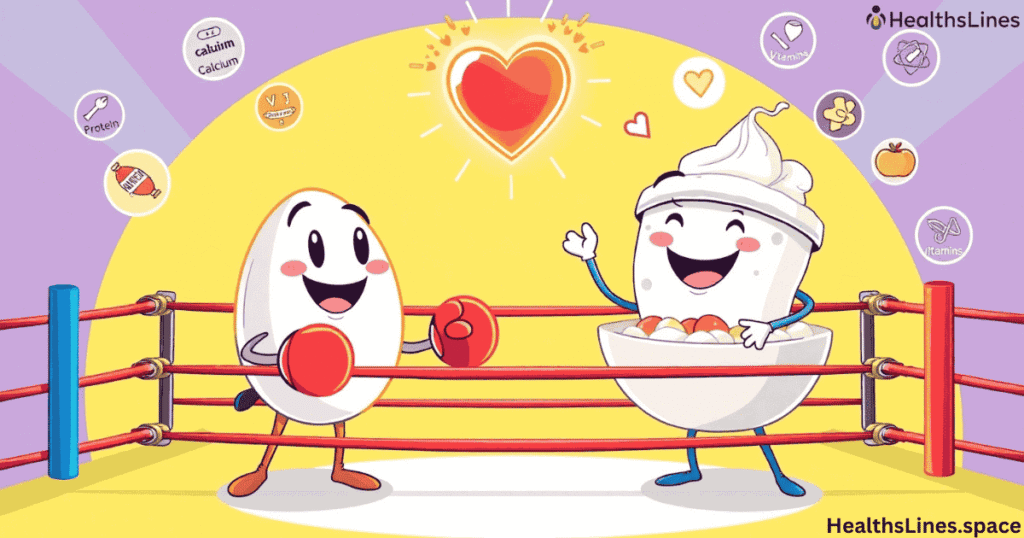
Adding eggs or cottage cheese to your diet is simple. The key is moderation and portion control. The AHA says one egg per day is fine for most people. For cottage cheese, half a cup of low-fat, low-sodium type is a safe serving. Both foods should be combined with fruits, vegetables, whole grains, and healthy fats to build a balanced meal.
| Breakfast Idea | Why It’s Heart Healthy |
| 1 boiled egg + spinach + whole grain toast | Balanced protein, fiber, vitamins |
| ½ cup cottage cheese + berries + walnuts | Protein, calcium, antioxidants |
| Egg white omelet + olive oil + vegetables | High protein, low cholesterol |
| Low-sodium cottage cheese + cucumber + flaxseeds | Protein, calcium, omega-3 fats |
Choosing the Right Food for Your Heart
When it comes to eggs vs cottage cheese, the best choice depends on your personal health. Both foods can support protein foods for heart health, but each has points to watch. If you struggle with high cholesterol, you may need to limit whole eggs. In that case, egg whites give you protein without the cholesterol that may raise risk for some people. If you face problems with sodium intake and high blood pressure, then cottage cheese needs extra care. Regular cottage cheese has a lot of salt, which can harm arteries over time. For you, low-sodium cottage cheese may be a safer option Eggs vs Cottage Cheese.
Different groups benefit from different choices. Athletes and active people often need more protein for muscle repair, so they may enjoy both eggs and cottage cheese in their diets. Diabetics and people with existing heart disease should talk to their doctors before making changes, since each body responds differently to dietary cholesterol and blood cholesterol or high sodium. What matters most is balance. A diet that mixes eggs, low-fat cottage cheese, beans, nuts, and fish builds a stronger heart than eating only one food every day. The key is moderation and portion control. Instead of choosing one as “best,” think of how both can fit into a healthy breakfast or meal plan that protects your heart.
Final Thoughts
When comparing eggs vs dairy protein, there is no single winner. Eggs give you choline, lutein, and top-quality protein but have dietary cholesterol. Cottage cheese gives calcium and casein but may have too much sodium. Both are helpful when eaten in moderation.
The best choice is variety. Eating eggs some days and cottage cheese other days makes meals more balanced and keeps your diet exciting. Pairing them with vegetables, whole grains, and fruits turns them into powerful tools for heart health. Remember, moderation and portion control are always the secret to keeping your heart safe.
